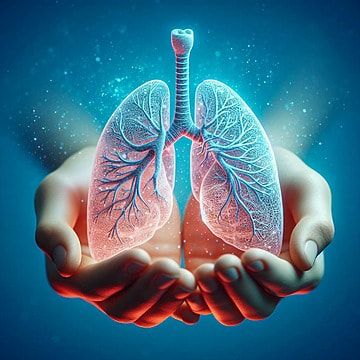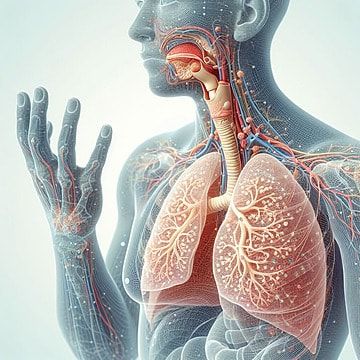Lung disease encompasses a range of disorders that affect the lungs and respiratory system, leading to difficulty breathing and impaired oxygen exchange. Common types include chronic obstructive pulmonary disease (COPD), asthma, pneumonia, and lung cancer. These conditions can arise from various causes, including smoking, environmental pollutants, infections, and genetic predisposition.

COPD, characterized by chronic bronchitis and emphysema, is primarily linked to smoking and causes persistent breathing difficulties. Asthma, often triggered by allergens or irritants, results in inflammation and narrowing of the airways, leading to wheezing and shortness of breath. Pneumonia, an infection of the lungs, can be caused by bacteria, viruses, or fungi and can be particularly severe in vulnerable populations.
Lung disease significantly impacts quality of life, making daily activities challenging. Early diagnosis and treatment are crucial for managing symptoms and preventing progression. Lifestyle changes, such as quitting smoking, improving air quality, and engaging in regular exercise, can enhance lung health.

Lung Disease
Research continues to advance in understanding lung diseases and developing effective treatments. Public awareness campaigns are vital in promoting respiratory health and encouraging preventive measures, ultimately aiming for healthier lungs for all.
